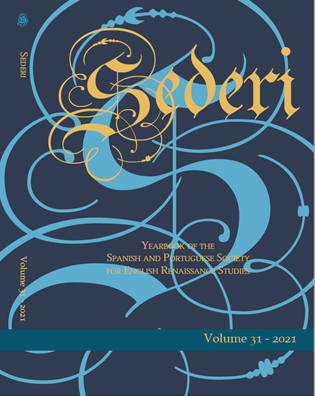English travelers in early modern Cyprus: Piety, commerce and anti-Ottoman sentiment
Keywords:
Travel accounts, Cyprus, Holy Land, English pilgrims, English merchants, Ottoman occupation of CyprusAbstract
English travelers saw Cyprus as the last obligatory stop on their maritime pilgrimage route to the Holy Land. After its Ottoman conquest it was visited almost exclusively by English merchants in search of factories on Eastern Mediterranean shores, attracted by its famed fertility and abundance of much-valued products to trade with. In the 16th-17th centuries English traders were warned by travel accounts on the danger of over-trusting the paradise-like island and the risk of “turning Turk”. English travel accounts included abundant information on the repression of the Great Turk upon Cypriot cities in the Wars of Cyprus and anti-Ottoman Christian insurrections.
Downloads
Downloads
Published
Issue
Section
License
The copyright holder of the published contributions is SEDERI.The hardcopy and an open-access version of the journal will be published simultaneously. The issues will be available online in the SEDERI website (http://www.sederi.org/yearbook/) and other repositories that have signed an agreement with SEDERI.
The authors who publish with this journal agree to the following terms:
a) SEDERI retains copyright of the essay.
b) If the author wishes to republish or rewrite the essay for another journal, or include the essay published in SEDERI in their personal repositories, or in any other way, they should contact the editors to obtain permission to do so. This will entail citing SEDERI as the original source and sending the editors a copy of the new version, or the link to the website, in case of online publishing.
The author(s) hereby warrant(s) that:
a) The essay submitted for publication is an original creation and does not infringe any copyright or property right of another journal, author or publisher.
b) The essay submitted for publication has not been previously published, whole or in part, and is not being considered for publication elsewhere.
c) Written permission has been obtained for any material from other sources included in the essay submitted for publication.




